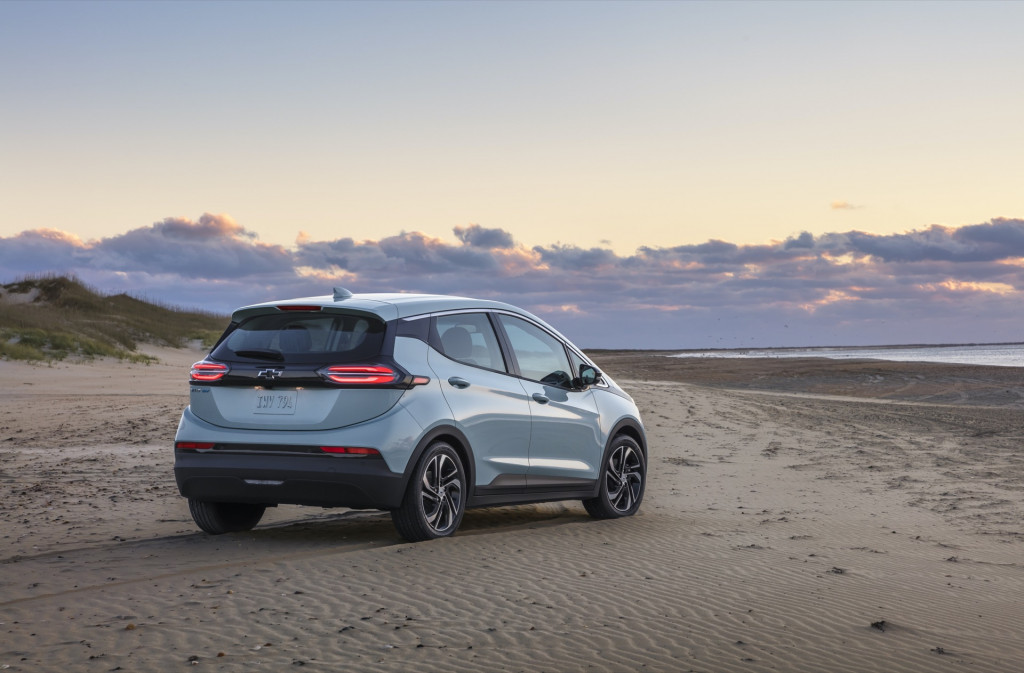Earlier this week the Senate voted to place price and household-income caps on the federal EV tax credit, as part of the $3.5 trillion budget framework currently undergoing negotiations.
The non-binding amendment introduced by Senator Deb Fischer (R-Neb.) proposed tax credits for vehicles costing more than $40,000, and for households with more than $100,000 of declared income.
This and other budget measures must still be reconciled with the House of Representatives. But if this is a serious ceiling for many lawmakers, a $40,000 price cap could greatly limit the number of households able to claim the credit.
However, a price cap also addresses one of the chief complaints about the EV tax credit—that it is a credit claimed mostly by the wealthy, as the lack of affordable options outside one or two vehicle type.
The Senate did the right thing by passing my amendment that would prohibit wealthy Americans from claiming a tax credit when they buy an electric vehicle. pic.twitter.com/fJVBeLgJYe
— Senator Deb Fischer (@SenatorFischer) August 11, 2021
The availability of electric pickups like the Ford F-150 Lightning will help remedy this. But not even the Lightning will be under $40,000 in any form, after destination fees.
An extension of the EV tax credit has been a priority for some in Congress since a version made it through with bipartisan support in late 2019 but then-President Trump nixed it. As part of a separate bill, legislators are considering a $2,500 federal tax credit for used EVs as well.

2022 Chevrolet Bolt EV
President Biden has proposed point-of-sale incentives for EVs, as well as more affordable EVs made in America, so it’s not far from what the President has been pushing for all along.
With the average price of a new vehicle now well over $40,000, do you think the limit has been set a bit low, in this case?












